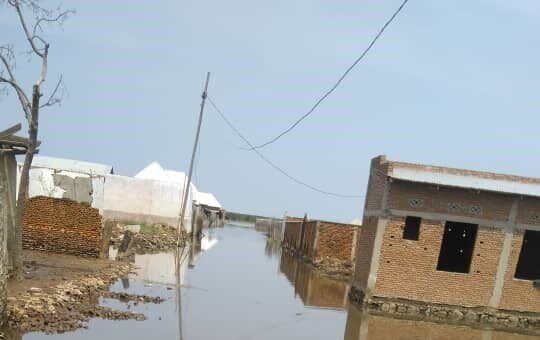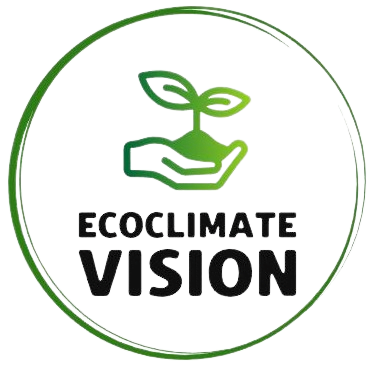Gatumba: A Community in Need of Rescue, Says EcoClimate Vision Burundi
By Barinzigo Julien (VP Communications, Burundi)
Urgent steps need to be taken to combat environmental challenges in Gatambu, Burundi. According to Léonidas Niyongabo, President of EcoClimate Vision Burundi, actions like regional study on lake level variations, the restoration and maintenance of wetlands, large-scale reforestation in the watersheds of Lake Tanganyika and Lake Kivu, and the implementation of regional policies are critical in addressing environmental challenges in the region. Additionally, strengthening systems for early warning and disaster preparedness is also crucial in minimizing the impact on vulnerable populations.

Climate Change and Flooding
The flooding in Gatumba is a direct consequence of climate change, which has caused significant environmental disruptions. The increased frequency and intensity of heavy rains, coupled with deforestation and poor waste management, have led to rising water levels in Lake Tanganyika resulting in severe flooding, landslides, and violent winds. The lake has also become a dumping ground for plastic waste, further exacerbating the environmental crisis.

Immediate and Long-term Needs
On Saturday, July 13, 2024, Mr. Niyongabo, accompanied by Vice President and Media and Communications Officer Barinzigo Julien, visited Gatumba to assess the situation of the flood victims. Standing on a makeshift bridge built by the remaining residents, Niyongabo observed the severe impoverishment caused by the flooding over the past four months.
“They have lost their crops, homes, businesses, and many are now homeless,” he lamented.
He described Lake Tanganyika, the second-largest lake in Africa by surface area, stretching 650 km across Burundi, Tanzania, Zambia, and the DRC. He highlighted the causes of rising water levels, including heavy rains, floods, landslides, and strong winds. Additionally, plastic waste pollution in the lake has exacerbated the problem. Some residents have relocated to the Mubimbi site, while others remain in Gatumba, facing severe food shortages and a lack of educational facilities for their children.
Léonidas emphasized the urgent need for food and non-food aid, income-generating activities, food security, environmental protection, and the reconstruction of destroyed infrastructure. Long-term solutions include constructing dykes to block runoff water from overflowing the Rusizi River banks and a significant project to protect the Rusizi River basins and Mumirwa foothills.



Community and Church Support
Ntirabampa Godefroid, pastor of the Anglican Church in Gatumba, has hosted three families (12 people) and supported 112 individuals. Each family received essential supplies such as beans, maize flour, rice, salt, oil, soap, and a jerry can. He noted that many residents have refused to move to Mubimbi due to uncertainties about property ownership and livelihood challenges.
Personal Stories of Struggle
Gakobwa Estella, a widow with seven daughters, living in Mushasha II, struggles to feed her grandchildren since the flooding began in October 2023. She expressed concerns about relocating and the theft of building materials from homes left behind.
Nshimirimana Eric, a father of five, hosted by the Anglican Church since April 20, 2024, faces housing and living cost challenges. As a fisherman, he has seen his income drop drastically and expressed a need for fishing equipment.
Josué, another fisherman, refuses to relocate to Mubimbi, fearing it would mean the end for his family.

Call to Action
EcoClimate Vision Burundi calls on the government and international community to address these urgent needs and help the people of Gatumba rebuild their lives. The link between climate change and the devastating floods underscores the importance of immediate action to mitigate future environmental disasters. Through comprehensive environmental policies, community engagement, and international cooperation, we can work towards a sustainable and resilient future for Gatumba and beyond.

